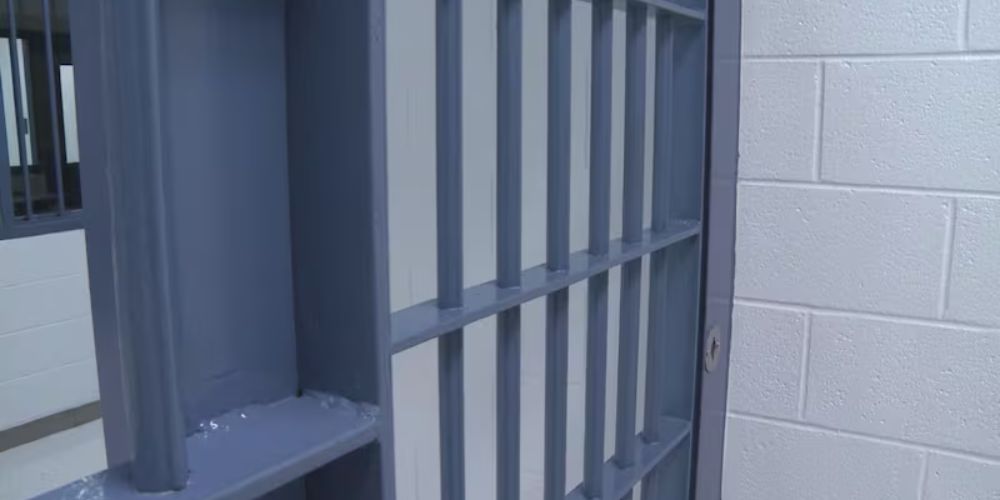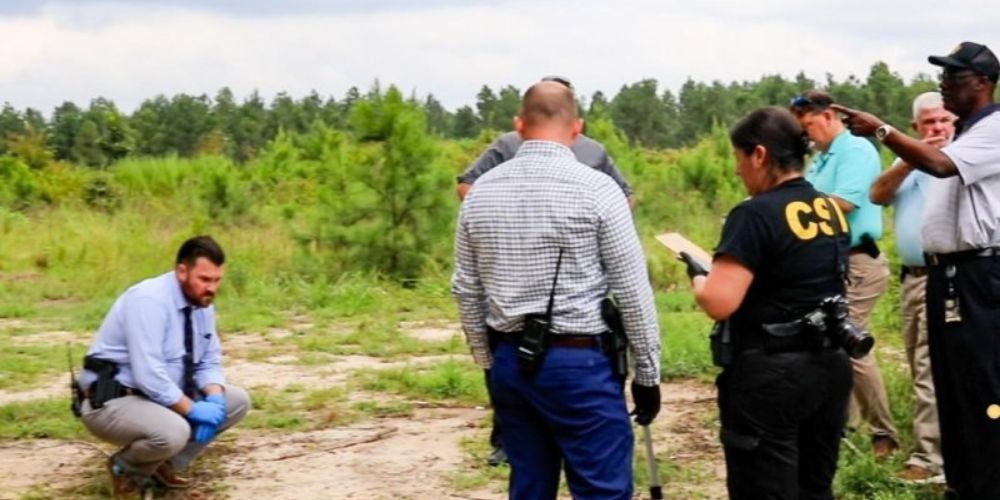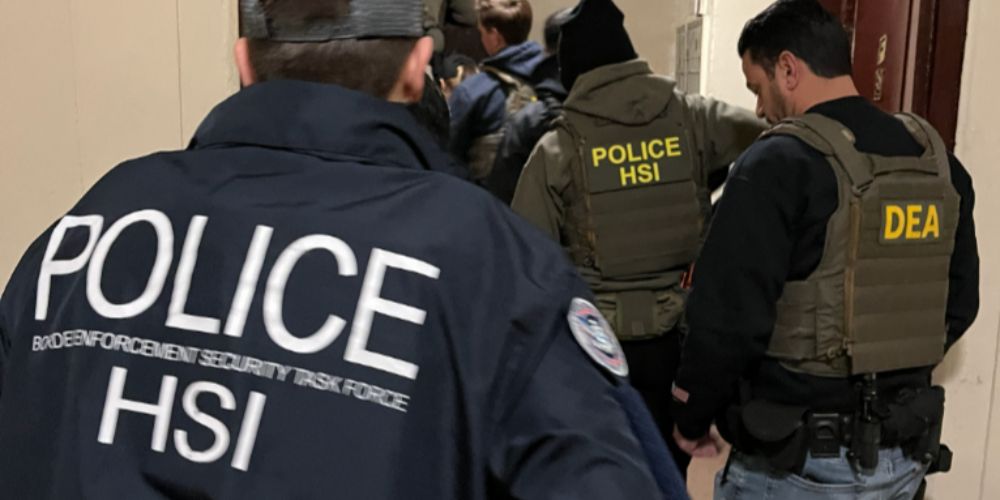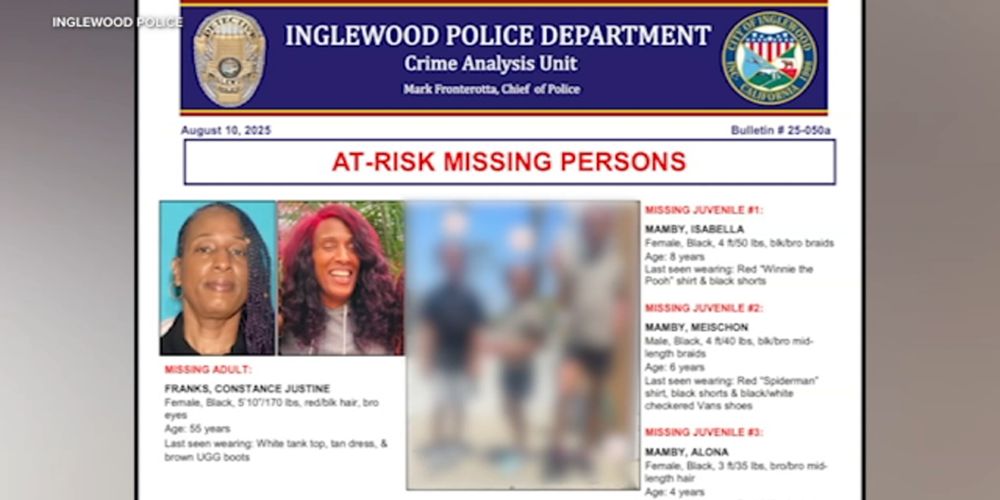Virginia’s senior population is one of the fastest growing segments in the state, with more than 1.9 million residents aged 60 and above, and thousands crossing the age of 50 each year. As the population ages, state and federal government programs have evolved to provide robust financial and social support, aiming to ensure quality of life for seniors—whether they retire in vibrant cities like Richmond, coastal areas like Virginia Beach, or the rolling hills of Roanoke. This comprehensive guide explores the landscape of free government money programs for Virginians over 50, discussing eligibility, benefits, application processes, and city-specific nuances that empower seniors to live healthier, more independent lives.
The Demographic Shift in Virginia
Virginia has seen a demographic transformation over the past decade. Cities such as Fairfax, Alexandria, and Arlington now report the state’s highest life expectancies, while rural counties like Highland and Lancaster are home to the largest proportions of residents aged 65 and up. This older populace is projected to increase to 2.2 million by 2030, making up nearly 20% of the state’s total population. As this community grows, so does the urgency for accessible programs that provide financial security and access to care.
Key Government Money Programs for Seniors Over 50
Virginia offers a mosaic of free and subsidized programs targeting financial relief, healthcare, housing, nutrition, utility expenses, and more. Eligibility often starts at age 50 for select benefits, with most full coverage kicking in at 60 or 65. These programs are managed by the Virginia Department for Aging and Rehabilitative Services (DARS), 25 local Area Agencies on Aging (AAAs), and coordinated city and county offices.
1. Medicaid and Healthcare Assistance
-
Commonwealth Coordinated Care Plus (CCC+): Virginia’s primary Medicaid program for seniors, accessible to those 65+ or younger adults with qualifying disabilities. The program covers essential medical care, specialty services, home health, skilled nursing, and prescription drugs. For those over 50 managing chronic conditions, the Program of All-Inclusive Care for the Elderly (PACE) allows adults 55+ to receive coordinated medical and social services in their communities, especially in cities like Norfolk, Richmond, and Charlottesville.
-
Medicare Savings Programs (MSPs): These federal-state partnerships help low-income seniors cover Medicare Parts A and B premiums, deductibles, and coinsurance costs. Virginians can qualify for programs such as Qualified Medicare Beneficiary (QMB) and Specified Low-Income Medicare Beneficiary (SLMB), offering significant out-of-pocket relief.
2. Social Security and Retirement Income Supports
Retirement brings a new income landscape, with eligibility for Social Security as early as 62. While not direct “free money” grants, these benefits can be augmented by programs like Supplementary Security Income (SSI) and survivor benefits for spouses and dependents, especially aiding widows and widowers aged 50 or older.
3. Tax Relief for Seniors
Virginia is widely recognized as a tax-friendly state for seniors. Social Security income is exempt from state tax, and individuals aged 65+ are allowed a substantial deduction on other types of retirement income, such as IRAs and 401(k) distributions. Several counties—including Fairfax, Loudoun, and Virginia Beach—offer property tax exemptions or reductions for older residents, easing the burden of homeownership.
4. Home Repair and Modification Grants
Aging in place is a top priority, especially in picturesque towns like Williamsburg and thriving suburbs such as Henrico County. Seniors over 50 can access free home repair grants for critical improvements—like roof replacements, plumbing upgrades, and making bathrooms accessible—through federally funded local programs. These initiatives not only improve safety and independence but also reduce risk of institutionalization.
5. Energy and Utility Assistance
-
Low-Income Home Energy Assistance Program (LIHEAP): Available statewide, LIHEAP provides three forms of assistance—Fuel, Crisis, and Cooling—to help with utility bills at different times of the year. This is vital for seniors in cold mountainside towns and humid coastal communities alike.
6. Food and Nutrition Benefits
-
Supplemental Nutrition Assistance Program (SNAP): Older adults with limited incomes can get monthly benefits for groceries. In many Virginia cities, SNAP is supplemented by local food pantries and senior meal delivery programs.
-
Meals on Wheels: This federally funded program, delivered by local agencies in areas like Alexandria and Newport News, brings nutritious, home-cooked meals directly to homebound seniors.
7. Transportation and Mobility Help
Many seniors limit or stop driving past 50. The state’s Area Agencies on Aging in cities like Richmond and Petersburg provide free or low-cost rides to medical appointments, grocery stores, and social events, ensuring seniors remain active and independent.
8. Adult Services and In-Home Care
-
Virginia Adult Services Program: Designed for those over 60, this program delivers critical home-based services, such as personal care, homemaker assistance, case management, and respite support for caregivers. Assessments are managed by local social services offices, with services tailored to urban neighborhoods as well as rural communities.
9. Education and Lifelong Learning
-
Senior Citizen Waiver Program: Seniors 60+ who have been Virginia residents for at least one year can attend state-supported colleges and universities tuition-free. Cities with major universities, such as Blacksburg (Virginia Tech) and Harrisonburg (James Madison University), offer bustling programs welcoming seniors eager to continue their education.
Eligibility and Application: What Seniors Need to Know
The diversity of Virginia’s programs means there is no single application or criteria. General eligibility requirements often include:
-
Proof of Virginia residency (utility bill, lease, or other official documents)
-
Age threshold (typically 50, 55, 60, or 65, depending on the program)
-
Income and asset limits (varied by program and locality)
-
Disability or care needs, for certain services like in-home care
The “No Wrong Door” system ensures that seniors—whether in Loudoun County suburbs or rural Mecklenburg—can find information and apply for multiple services through unified online portals or local AAAs. In larger cities, agency offices assist with applications, sometimes offering mobile outreach for those without transportation.
Key steps include:
-
Collecting personal identification documents
-
Completing any necessary financial or medical assessments
-
Applying online, in person at city/county offices, or by phone
Noteworthy Local Programs and Initiatives
-
Fairfax County: Home to one of the largest senior populations, Fairfax County offers expanded home care, nutrition, and transportation services, supported by dedicated local grants.
-
Virginia Beach: Seniors here enjoy unique recreation-based programs and robust storm recovery assistance, ensuring that those over 50 remain safe during hurricane season.
-
Charlottesville: University partnerships provide tuition waivers and extensive volunteer opportunities for retirees.
-
Roanoke: Noted for superior life expectancy, Roanoke’s city services focus on aging in place, fall prevention, and mental health support.
The Impact of Senior Programs: Stats and Successes
-
Virginia seniors contribute more than $38 billion annually to the state’s economy through paid and unpaid work, volunteering, and caregiving.
-
Nearly 2 million adults are eligible for some form of assistance, with many urban and rural localities tailoring services to their communities.
-
The state dispenses tens of millions annually in federal and state funds dedicated specifically to aging services, supplementing local innovations.
-
Over 25 dedicated organizations support seniors with everything from financial planning in Richmond to transportation in Tidewater, reflecting the breadth and diversity of Virginia’s support system.
Overcoming Common Barriers
Despite the broad availability of assistance, many seniors over 50 remain unaware of these programs. Barriers include limited internet access in rural regions, language obstacles among growing immigrant populations in Northern Virginia, and complicated health or disability needs. Outreach programs—like those run by community centers in Alexandria and food banks in Portsmouth—strive to bridge these gaps, making services more accessible to all.
How Virginia Seniors and Caregivers Can Maximize Benefits
-
Regularly review eligibility: Program criteria and personal finances can change year to year; don’t miss out on new or updated benefits.
-
Connect with local organizations: The best source for up-to-date information often comes from neighborhood AAAs and city senior centers.
-
Ask about bundled services: Many programs overlap—receiving nutrition assistance, transportation, and in-home care together can streamline support and minimize paperwork.
-
Leverage technology: Online portals allow for convenient application and benefits management, especially useful in suburban and urban areas.
-
Involve family or caregivers: Collaborative applications can identify needs seniors may overlook themselves.
Conclusion
Virginia stands as a model in the mid-Atlantic for supporting its aging population, with a deep commitment to independent living, health, and financial security for citizens over 50. Whether you reside in bustling Richmond, historic Williamsburg, the scenic Blue Ridge, or anywhere in between, a spectrum of free government money programs, grants, and local initiatives is ready to help. By understanding available benefits and proactively engaging with local agencies, Virginia’s seniors can enjoy safer homes, better health, lasting independence, and the peace of mind that comes from knowing their state is invested in their well-being.











Leave a Comment